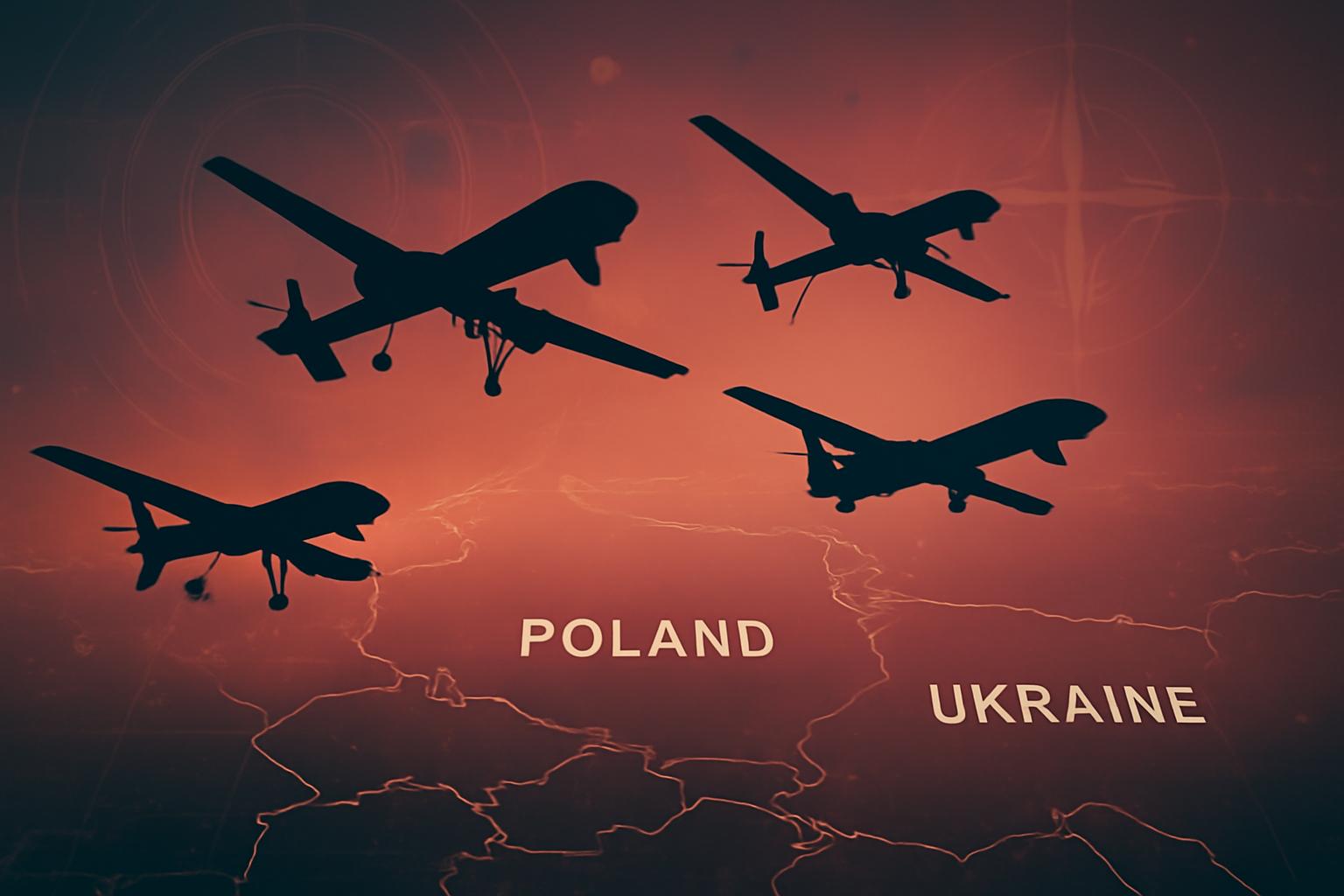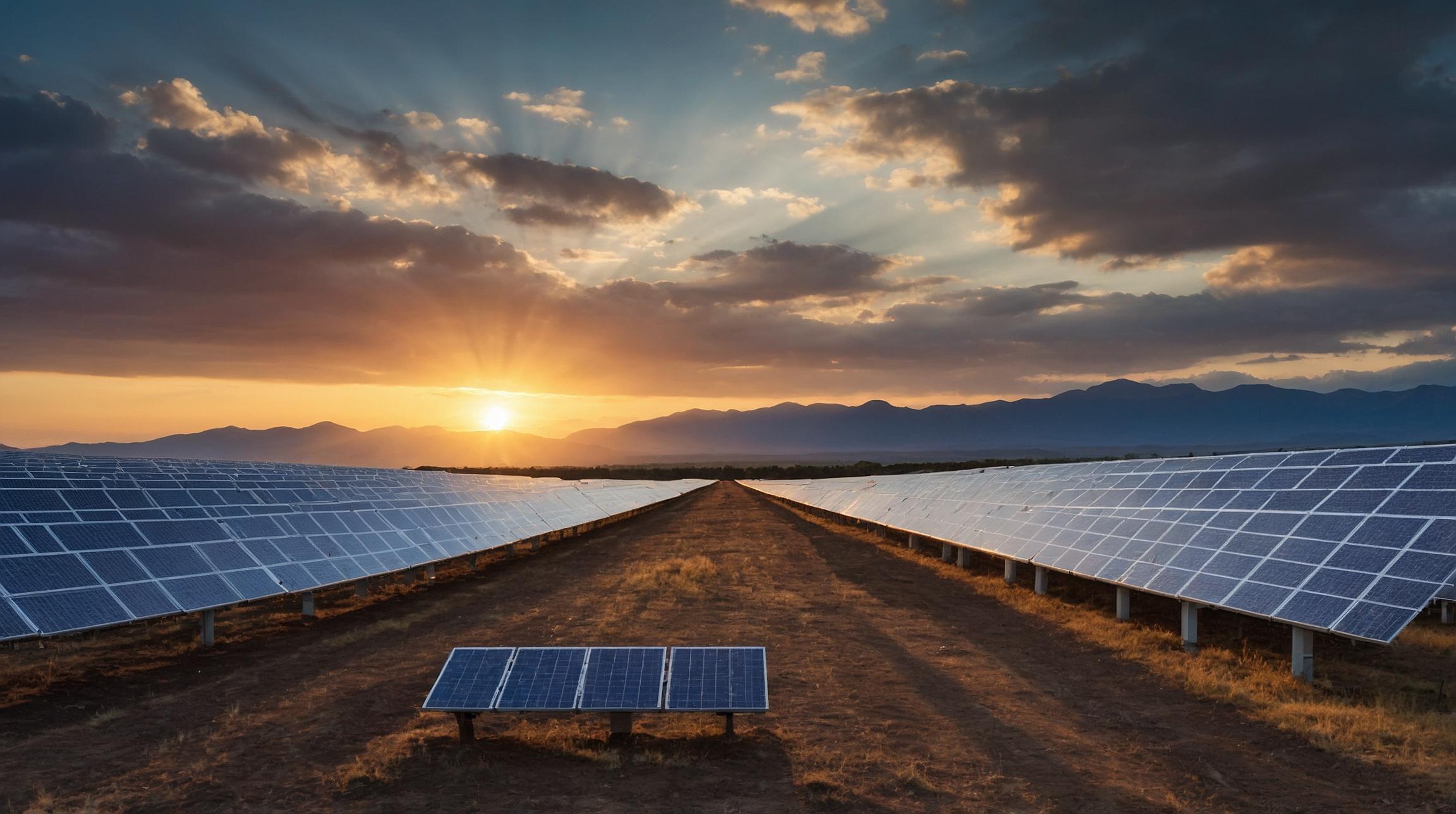Poland Shoots Down Russian Drones Amid Widespread Attack on Ukraine
In the early hours of Wednesday, Polish military forces intercepted and destroyed multiple Russian drones that breached the country’s airspace, marking the first such engagement since Russia launched its full-scale invasion of Ukraine in early 2022. The incursion coincided with a large-scale Russian offensive targeting western Ukraine.
Poland swiftly mobilized both national and NATO air defense systems to neutralize the drones. Polish Prime Minister Donald Tusk confirmed ongoing communication with NATO Secretary General Mark Rutte and allied partners following what he described as an “unprecedented violation” of Polish airspace by a “huge number” of Russian drones.
A NATO spokesperson corroborated the Polish account, stating on social media platform X that numerous drones entered Polish territory overnight and were met with coordinated Polish and NATO defensive measures.
Regional and International Reactions
Ukrainian Foreign Minister Andrii Sybiha condemned the drone incursion as part of Russia’s escalating war campaign, asserting that President Vladimir Putin is “testing the West” by expanding hostilities beyond Ukrainian borders. Sybiha called for urgent reinforcement of Ukraine’s air defenses and an acceleration of sanctions against Russia.
President Volodymyr Zelenskyy described the drone attack—estimated at around eight drones—as “an extremely dangerous precedent for Europe,” emphasizing the broader implications for regional security.
European Union Commission President Ursula von der Leyen denounced the incident during her State of the Union address, calling it a “reckless and unprecedented” breach of sovereignty. She pledged full EU solidarity with Poland and announced preparations for the bloc’s 19th sanctions package targeting Russia, including accelerated efforts to phase out Russian fossil fuels and clamp down on related shadow operations.
Several European leaders, including French President Emmanuel Macron, Italian Prime Minister Giorgia Meloni, and Latvian President Edgars Rinkēvičs, expressed strong support for Poland. Macron labeled the incursion as “simply unacceptable,” while Hungarian Prime Minister Viktor Orbán, despite his generally more conciliatory stance toward Russia, affirmed that Poland’s territorial integrity must be respected.
Kremlin Response and Broader Context
The Kremlin declined to comment directly on Poland’s drone interception, referring inquiries to the Russian Defense Ministry. Kremlin spokesperson Dmitry Peskov dismissed Western accusations as routine provocations lacking substantive evidence. Similarly, Russia’s charge d’affaires in Poland, Andrei Ordash, called the claims “groundless” and criticized Polish authorities for their “anti-Russian frenzy.”
This incident follows a fatal missile strike in late 2022 on Polish soil near the Ukrainian border, which NATO attributed to Russian aggression despite initial reports suggesting Ukrainian air defense fire.
Poland temporarily closed several airports, including Warsaw Chopin Airport, as a precaution during the drone engagement. These facilities have since resumed normal operations.
Implications for NATO and EU Policy
The drone incursion represents a significant escalation in the Russia-Ukraine conflict, directly involving a NATO member state’s airspace. This development is likely to intensify calls within NATO and the European Union for stronger collective defense measures and more comprehensive sanctions against Russia.
U.S. President Donald Trump’s administration has urged the European Union to impose tariffs of up to 100% on countries like China and India for continuing to purchase Russian oil, aiming to cut off critical financial support to the Kremlin’s war efforts.
As Russia appears to extend its military actions beyond Ukraine’s borders, Western alliances face increased pressure to coordinate responses and reinforce deterrence strategies.
FinOracleAI — Market View
The drone incursion into Polish airspace marks a notable escalation in the Russia-Ukraine conflict, reinforcing geopolitical risks in Eastern Europe. This development is likely to prompt increased defense spending among NATO members and accelerate EU efforts to impose harsher sanctions on Russia.
Markets may experience short-term volatility due to heightened uncertainty, particularly in energy and defense sectors. Key risks include potential further spillovers into NATO territory and retaliatory actions from Russia. Investors should monitor NATO and EU policy responses closely, especially regarding sanction packages and military aid commitments to Ukraine.
Impact: negative













